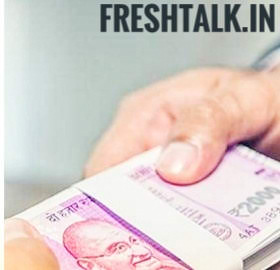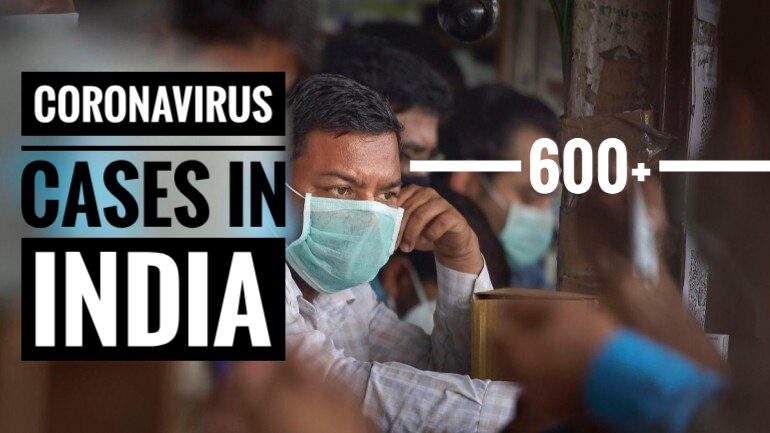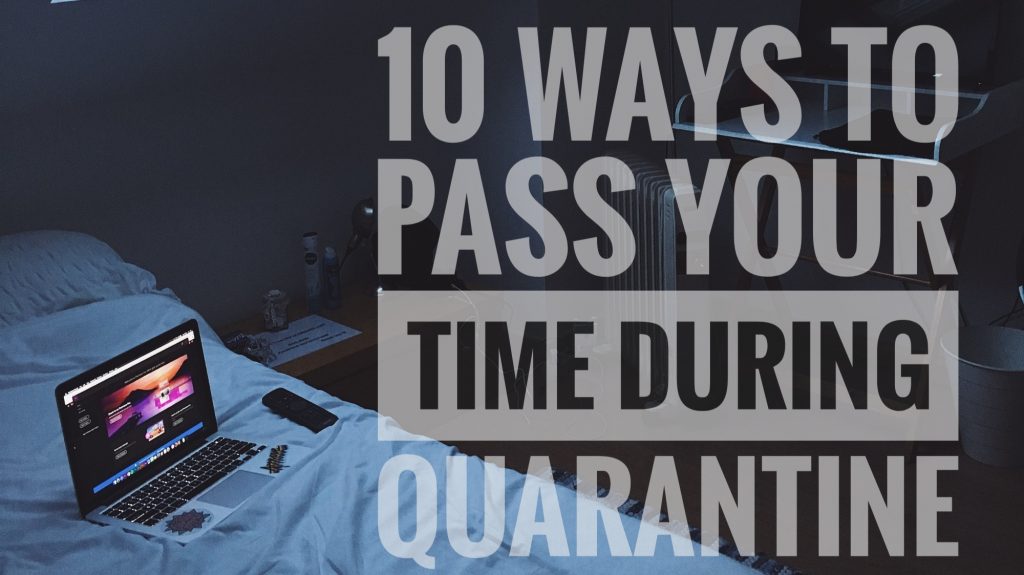The decision of the RBI and Finance Ministry regarding the emergency measures to be put in place for the industrial and economic sectors had earlier ignored the smaller industries and ventures which raised great concern amongst these companies. However, the recent announcement by the government provided relief to these industries in the midst of the global coronavirus pandemic.
“Concern”
Retailers and wholesalers, according to the MSME ministry’s June 2017 Office Memorandum, had been excluded from the eight activities in the “manufacture or production of goods or providing or rendering of services in accordance with section 7 of the Micro, Small and Medium Enterprise Development Act, 2006” and thus were excluded from the scheme.
“Inclusion of retailers”
The emergency credit borrowing package which was stipulated around Rs 3 lakh for Micro, Small, and Medium Enterprises also called MSMEs will now be covering retailers and other businesses as these have reported devastating consequences of the countrywide lockdown.
They have been deemed eligible for the scheme despite not being recognized or registered as MSMEs.

“The scheme”
The Finance Ministry had declared that this inclusion would result in aid to more than seven crore members. The emergency credit scheme promises a 100 per cent guarantee coverage by National Credit Guarantee Trustee Company (NCGTC) to member lending institutions or MLIs on up to Rs three lakh crore to eligible MSMEs.
As the NCGTC released guidelines for the scheme and its implementation on Tuesday, it clarified that the MSMEs/business enterprises eligible for this would also include proprietorships, partnerships, registered companies, trusts and limited liability partnerships
(LLPs), and also interested borrowers under Pradhan Mantri Mudra Yojna or PMMY.
The Credit provided by this scheme would “go up to 20 per cent of the borrower’s total outstanding credit up to Rs. 25 crores, excluding off-balance sheet and non-fund based exposures, as on February 29, 2020, i.e, additional credit shall be up to Rs 5 crore.”
“Retail industries face severe losses”
The retail businesses have reported major losses as the national lockdown forced them to sit idly the past few months. As per Praveen Khandelwal, the General Secretary of the Confederation of All India Traders (CAIT), the lockdown has cost the retailers losses over 0 lakh
crores and losses on GST are another Rs 1.5 lakh crores.
“Only 5 per cent of the pre-COVID business is back after the easing of restrictions and only 5 per cent of the workforce is back. If the crisis continues by December, retail businesses would be in serious trouble.” Khandelwal added.
MSME minister Nitin Gadkari had assured the trading community that the government would consider their grievances and address them accordingly in a video conference.
“How it works”
The new scheme guarantees reduced Interest rates at 9.25 per cent for banks, and at 14 per cent for NBFCs on loans provided for 4 years along with a 12-month moratorium. This will improve the lending as banks levy interest between up to 17 per cent and NBFCs charge up to
30 per cent.

